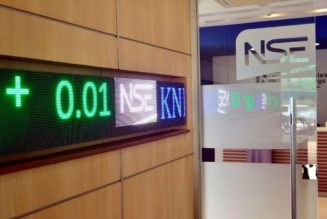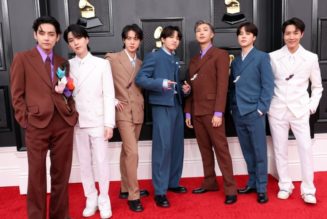
Chinese music streaming company Cloud Village finally had its initial public stock offering on the Hong Kong Stock Exchange on Thursday (Dec. 2) after postponing its plans in August amid a Chinese regulatory crackdown.
Investors’ initial reaction was underwhelming as Cloud Village’s share price closed at 199.90 Hong Kong dollars ($25.66), about 2.5% below the 205.00 Hong Kong dollars ($26.31) IPO price.
Tech giant Netease spun off the company, which runs NetEase Cloud Music, in an offering of 16 million shares — 7.7% of the outstanding shares — that raised 41.5 billion Hong Kong dollars ($421 million).
NetEase gained approval for the spin-off on Aug. 2 but delayed the listing indefinitely about a week later after Beijing’s tightening regulations brought attention to publicly traded Chinese companies. Cloud-based tech companies in particular have faced new regulations on data privacy.
NetEase Cloud Music’s main competitor, Tencent Music Entertainment, was among the companies Beijing singled out for anticompetitive practices. On July 26, Chinese regulators instructed TME to end its exclusive licensing agreements with record labels. The company’s stock price went into a tailspin as a result, falling from an all-time high of $32.25 on March 23 to $10.31 on August 6 (it hit an all-time low of $6.65 on Wednesday).
But NetEase restarted the IPO on Nov. 22 with a target price range of 190 Hong Kong dollars ($24.40) to 220 Hong Kong dollars ($28.20) per share. The 205 Hong Kong dollars IPO price was a fair estimate of market sentiment considering 49% of all 2021 IPOs in London, Hong Kong, India and New York are currently underwater, according to Dealogic.
NetEase Cloud Music had 185 million monthly average users and 26 million subscribers as of June 30, the latest date the data was available. Both numbers are encouraging for a market where legal music services are newer than Europe and North America. Even with tens of millions of paying users, NetEase Cloud Music is a distant second behind Tencent Music, which boasted 636 million monthly mobile users and 71.2 million subscribers as of Sept. 30.
Music streaming services are looking for growth in a broader array of audio. In January, Tencent Music announced it would acquire Lazy Audio, a provider of podcasts and audiobooks, for its ambitions to integrate long-form audio to its core music offerings. Spotify has been more aggressive by acquiring podcast producers Gimlet, Parcast and The Ringer, and nabbing exclusive licenses for popular podcasts such as The Joe Rogan Experience, in an effort to be “the world’s No. 1 audio platform,” CEO Daniel Ek said in 2019.
William Ding, founder and CEO of NetEase Cloud Music, sees the platform becoming an “audio-centric universe” where listeners have a wealth of options. “Audio-based content is becoming ever more diverse: music, podcasts, live streaming, karaoke, audio theatre, radio — to name a few, creating multifaceted experiences and scenarios,” he said in a statement.










